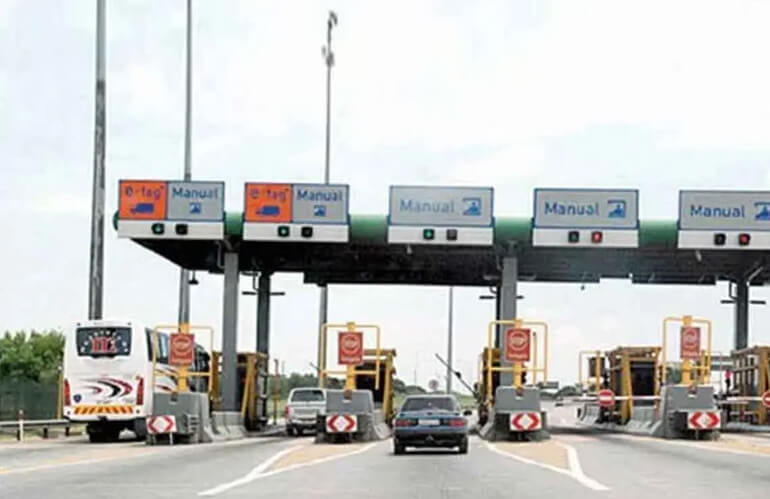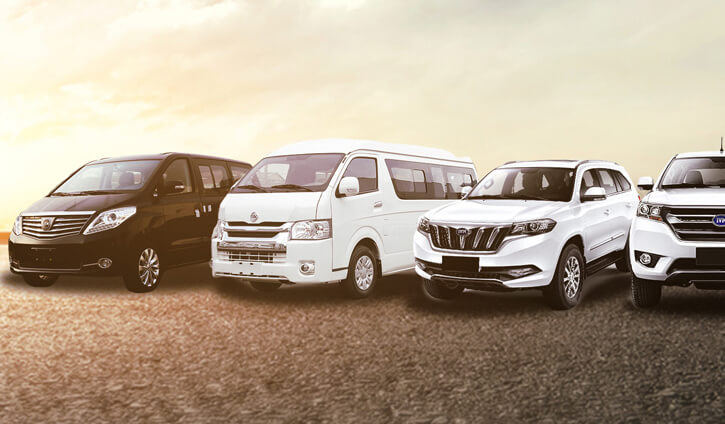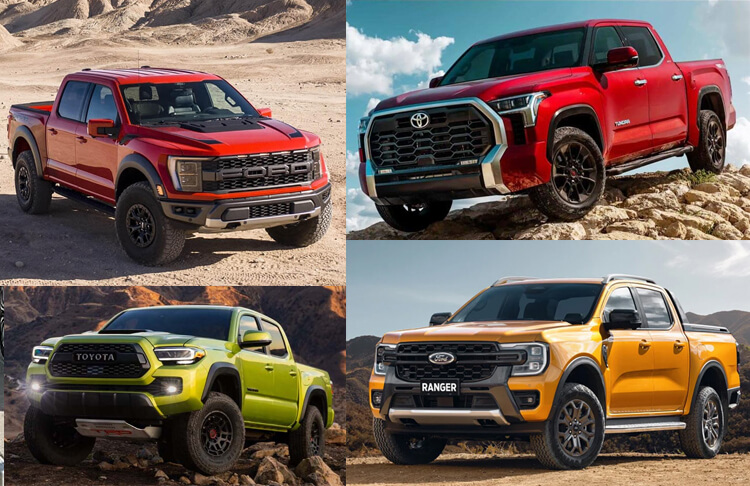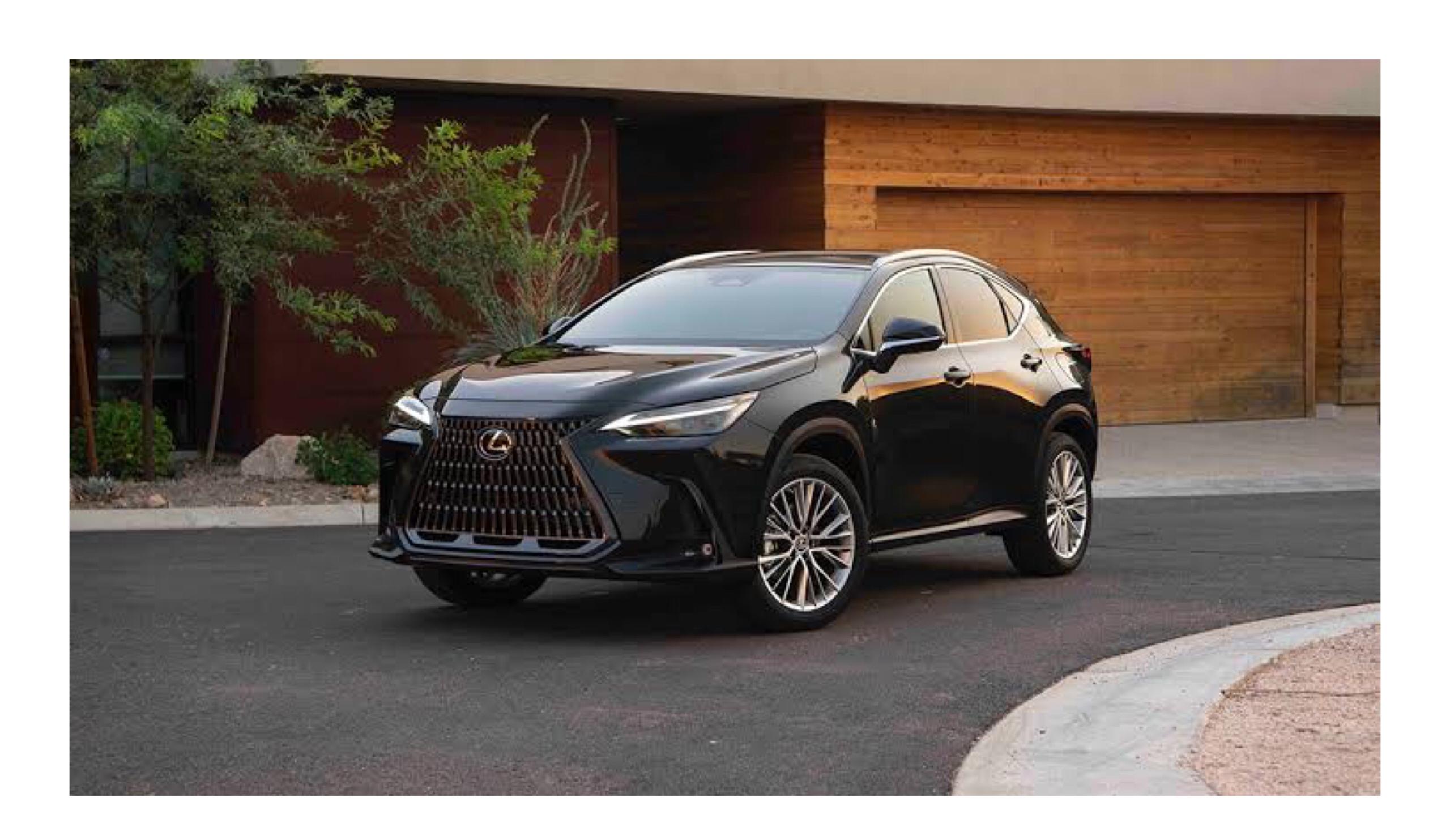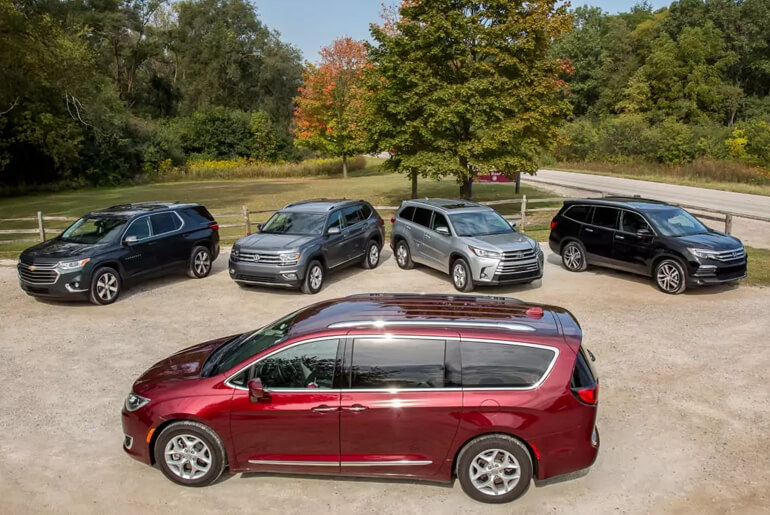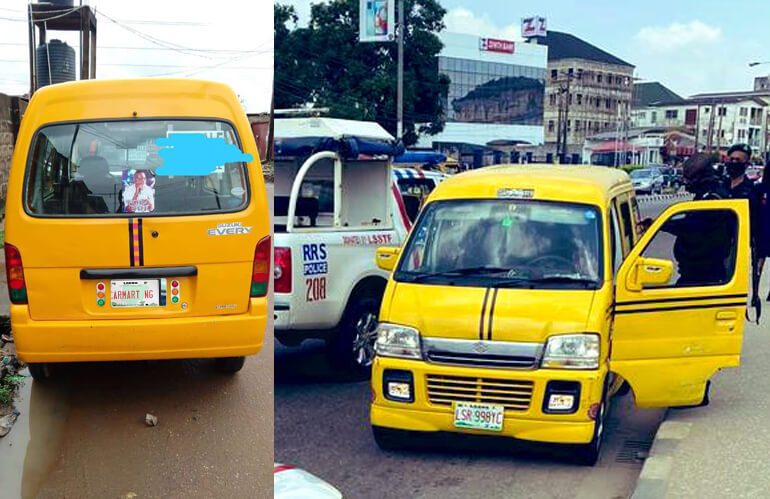It’s almost the dawn of a new day for vehicle dealers in Nigeria who rely on the Seme border to import vehicles into the country as the Federal Government of Nigeria plans to re-open the border in no time.
Table of Contents
The Ministry of Transportation Director Ibrahim Musa announced the re-opening of the Seme border on Wednesday, June 21st when he revealed at the ECOWAS meeting that the development resulted from complaints from freight forwarders operating at the Seme border. According to the Director, this would improve the free flow of goods and services.
With the border re-opening, vehicle importers in the country will now have myriads of border options to ship in their vehicles. But, will this in any way contribute to the decline in the current price of buying cars in Nigeria?
Here’s what you should know:
- The re-opening of the Seme border means vehicle importers can freely import vehicles across land borders through this route without contravening any law.
- According to the Ministry of Transportation director, the push for the re-opening of the Seme border was a result of the complaints of freight forwarders operating at the Seme border.
- There’s not yet any indication that the Seme border re-opening will decrease the price of cars in Nigeria. Why? The increase in car cost in the country is not hinged on merely the border closure. Rather, other factors like the devaluation of the Naira and the increase in Custom importation tariff also play a role in the high cost of cars in the Nigerian market.
Factors Affecting Vehicle Price Increase in Nigeria
There are several factors that can affect vehicle prices in Nigeria and even Re-Opening of Seme Border won’t even help. Here are some key factors:
- Exchange Rates: Fluctuations in currency exchange rates can have a significant impact on vehicle prices. Nigeria is heavily dependent on imports for vehicles, and if the local currency (Naira) weakens against foreign currencies, the cost of importing vehicles increases, leading to higher prices.
- Import Duties and Taxes: The Nigerian government imposes import duties and taxes on vehicles brought into the country. These charges can vary depending on factors such as the vehicle’s engine capacity, age, and type. Changes in import duty rates can directly affect vehicle prices.
- Inflation: Inflation refers to the general increase in prices of goods and services over time. When there is high inflation in the economy, the cost of production, transportation, and distribution of vehicles also increases, leading to higher vehicle prices.
- Government Policies: Government policies and regulations can impact vehicle prices. For example, if the government imposes stricter emission standards or safety regulations, vehicle manufacturers may have to invest in upgrading their vehicles to meet these standards, which can increase production costs and ultimately lead to higher prices.
- Transportation and Logistics Costs: Nigeria’s size and infrastructure challenges can contribute to higher vehicle prices. The cost of transporting vehicles from ports to dealerships across the country, as well as the expenses associated with logistics, such as warehousing and distribution, can impact the final price of vehicles.
- Brand and Model: Different vehicle brands and models have varying price ranges based on factors such as manufacturing costs, brand reputation, features, and market positioning. Luxury or high-end brands tend to have higher prices compared to the economy or budget-friendly brands.
Conclusion
The re-opening of the Seme border could reduce the cost of vehicle importation, which car dealers could reflect in their prices. But it’s not certain if this will be the reality. For now, what’s certain is that the government is re-opening vehicle importation through the Seme border.
Have 1 million naira and above to Buy or Sell Cars In Nigeria? Check carlots.ng
All rights reserved. Reproduction, publication, broadcasting, rewriting, or redistribution of this material and other digital content on carmart.ng is strictly prohibited without prior express written permission from Carmart Nigeria - Contact: [email protected]

